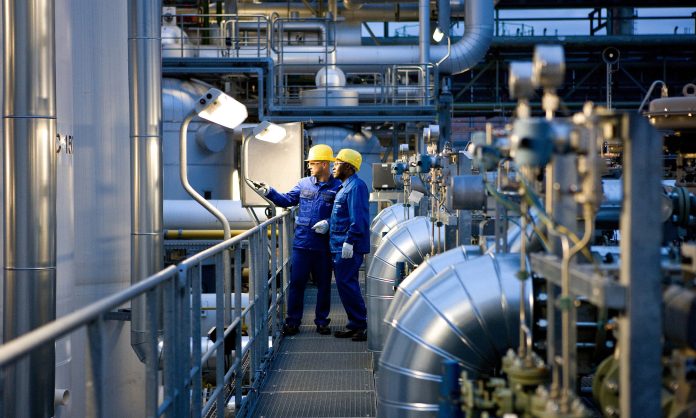Output in Germany, Europe’s largest economy, has been falling since 2017, and the decline is accelerating as competitiveness declines, raising fears about the current government and Germany’s future as an Industrial Superpower, Bloomberg informed.
The fundamentals of Germany’s industrial machine are falling as the US distances itself from Europe and seeks to compete with its transatlantic allies for climate investment. In addition, China, which is no longer an insatiable buyer of German goods, is becoming one of the most influential in the modern world. The latest blow to some heavy manufacturers has been the cessation of supplies of huge volumes of cheap Russian gas.
Domestic problems are also not the last link in Germany’s declining power, as political paralysis in Berlin exacerbates long-standing domestic problems such as decrepit infrastructure, an ageing workforce and bureaucratic hurdles. Further, the education system, which was Germany’s strongest point, is now also showing a long-term lack of investment in public services. The Ifo research institute estimates that declining maths skills will cost the economy around €14 trillion by the end of the century.
Nevertheless, many measures are being taken to quell this decline, such as the law on obtaining German citizenship, which used to be seen as exceptional, can now be obtained in 3-5 years, which of course adds to the migrant policy.
Declining industrial competitiveness also carries one of the fundamental threats to modern Germany. The French tyre maker is closing two of its German plants and cutting a third by the end of 2025, affecting more than 1,500 workers. US rival Goodyear has similar plans for two plants.
“Despite the motivation of our employees, we have arrived at a point where we can’t export truck tires from Germany at competitive prices,” Maria Röttger, head of northern Europe for Michelin, said in an interview.
“If Germany can’t export competitively in the international context, the country loses one of its biggest strengths.”
In some cases, industrial decline occurs in small steps, such as cutting back on expansion plans and investment, while in others it is more obvious, such as relocating production lines and reducing staff.
Germany still retains an enviable list of small manufacturers, and the Bundesbank and other bankers reject the view that full-scale deindustrialisation is imminent, but in fact this is already something of a fantasy regarding the fear of the current situation.
“We are getting poorer because we have no growth. We are falling behind,” Finance Minister Christian Lindner said at a Bloomberg event earlier this month.
One of the hardest hit sectors has been the chemicals industry, a direct result of Germany losing cheap Russian gas. Amid the uncertainty of switching to clean hydrogen, nearly one in 10 companies plans to permanently shut down operations. BASF SE, Europe’s largest chemical producer, is cutting 2,600 jobs and Lanxess AG is cutting 7 percent.
On the other side is China, which is now causing Germany problems for a variety of reasons. Cheap competition from China is worrying industries key to Germany’s climate transition – and not just electric cars. Solar panel manufacturers, for example, are closing plants and laying off staff as they try to compete with state-backed Chinese rivals.
Here are a few examples. Dresden-based Solarwatt GmbH has already cut 10% of its workforce and may move production overseas if the situation doesn’t improve this year, according to CEO Detlef Neuhaus. GEA is closing a pump plant near Mainz in favour of a newer facility in Poland. Auto parts maker Continental AG announced plans in July to close a plant that makes components for safety and brake systems. Competitor Robert Bosch GmbH is laying off thousands of workers.
The energy crisis in the summer of 2022 was, among other things, one of the main catalysts. Although worst-case scenarios such as a house freeze and rationing were avoided, prices remain higher than in other countries, increasing costs due to rising wages and the complexity of regulation.
“It’s not just energy,” CEO Klaus Geißdörfer said in an interview. “It’s also staff availability in Germany, which is now very tense.” According to him, within a decade, the working-age population will be too small for the economy to function as it does today.
